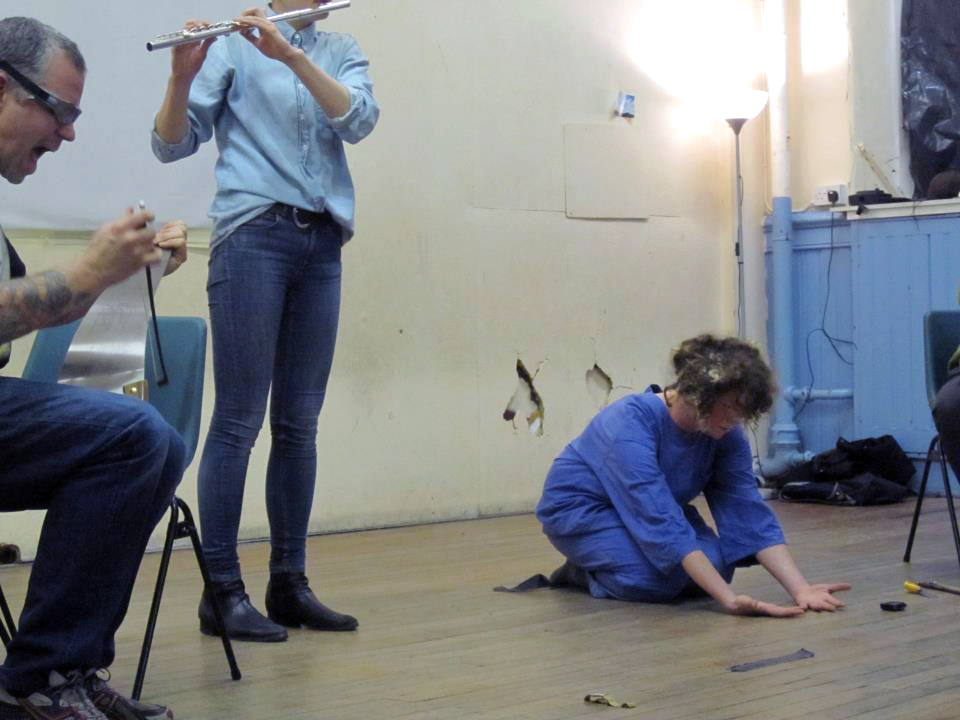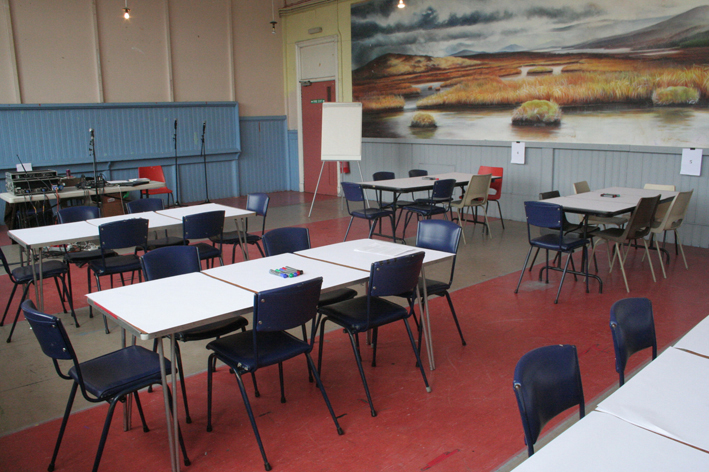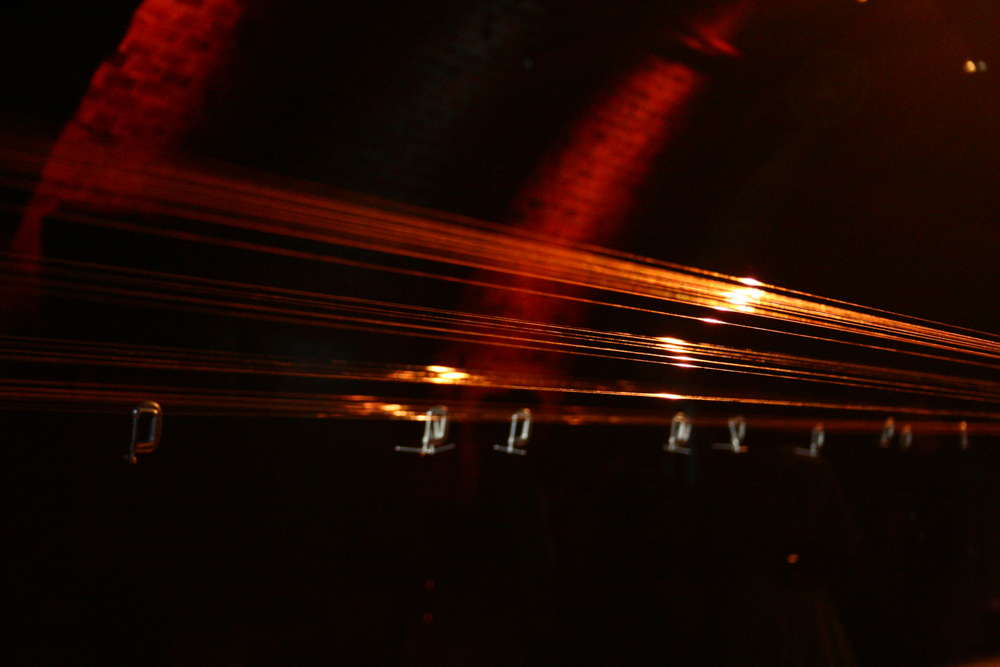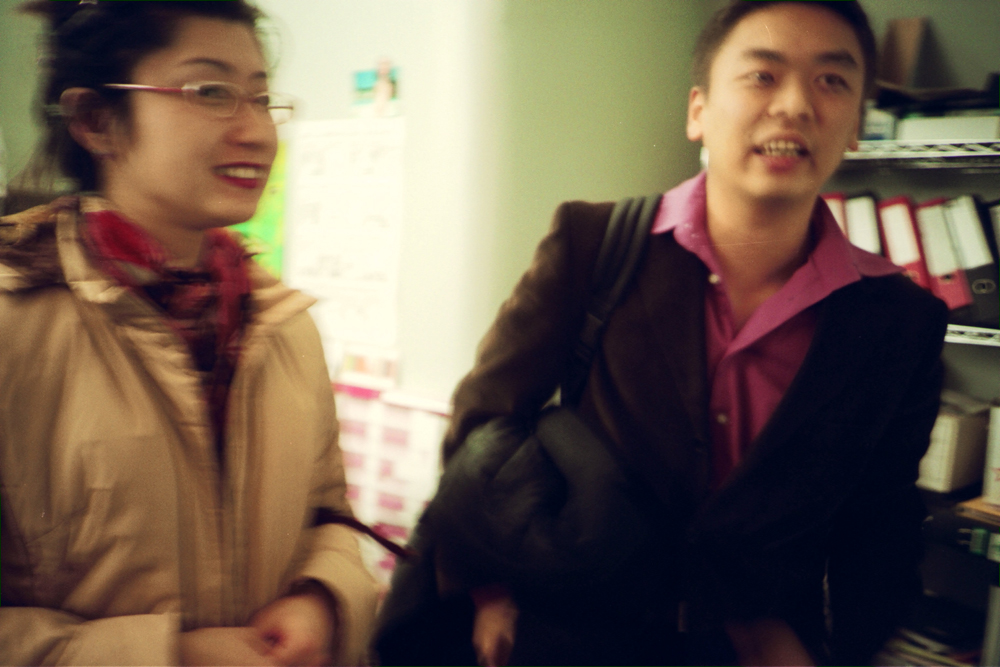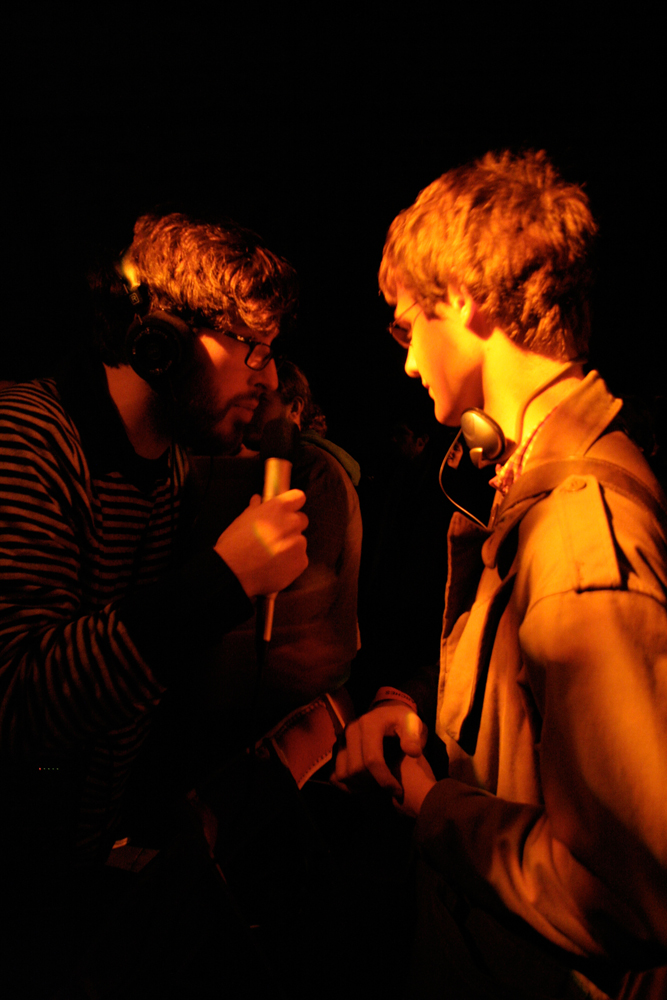
Watch What Happens Live with Kyla Harris and Lou Macnamara
Lou Macnamara Kyla Harris
In true reality television style, this in-depth artist talk will tackle all the hardest-hitting questions and juiciest details about care, creative collaboration, and disability justice.





